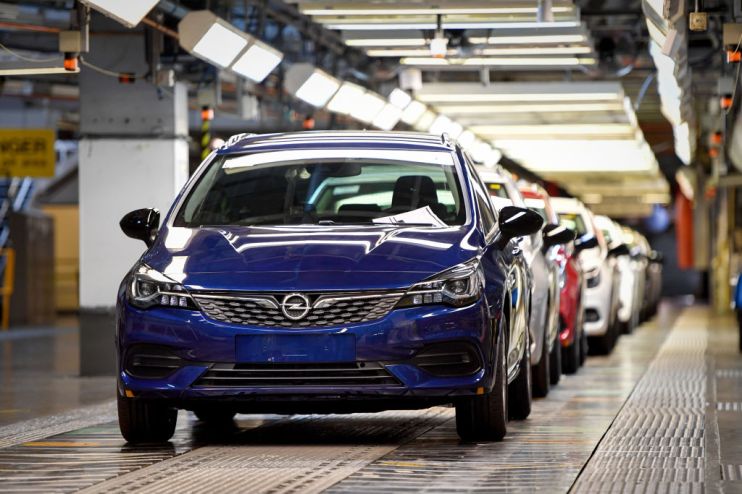Car giant Stellantis to spend €30bn on electrifying its vehicles

Car juggernaut Stellantis today announced €30bn (£25.8bn) worth of investment into electrifying its vehicles by 2030 as it joins the race to quit the internal combustion vehicle.
Over the next five years, the firm – formed from the merger of Fiat Chrysler and Peugeot owner PSA – will set about rolling out low emission cars across its 14 brands.
By 2030, Stellantis said it was targeting over sales of such vehicles to make up 70 per cent of all sales in Europe and over 40 percent in the US.
It also announced that it would build five gigafactories – providing 260 gigawatts of batteries for electric cars – around the world.
Along with previously announced facilities in Germany and France, the auto giant said one of the other three would be built at its engine facility in Termoli, Italy.
The fourth will be built in the US, with hopes that the final such plant could be situated in the UK. Earlier this week, Stellantis said it would invest £100m into its Vauxhall plant at Ellesmere Port in Cheshire, where a number of brands will build EVs.
In addition, the firm said it would introduce “solid state” battery technology – hyped by many to be the next generation of battery for EVs – from 2026.
“The customer is always at the heart of Stellantis and our commitment with this €30 billion plus investment plan is to offer iconic vehicles that have the performance, capability, style, comfort and electric range that fit seamlessly into their daily lives,” said chief exec Carlos Tavares.
“The strategy we laid out today focuses the right amount of investment on the right technology to reach the market at the right time, ensuring that Stellantis powers the freedom of movement in the most efficient, affordable and sustainable way.”
Research firm Schmidt Automotive said that the firm’s exposure to markets like Brazil could make it challenging to accelerate its rollout of battery electric vehicles.
“Brazil is also likely going to be slow in adopting to electrified markets where Fiat is highly exposed”, researchers said.
“The lack of exposure in China which is the world’s largest BEV market in terms of volume is also a missed opportunity for gaining scale”, they added.